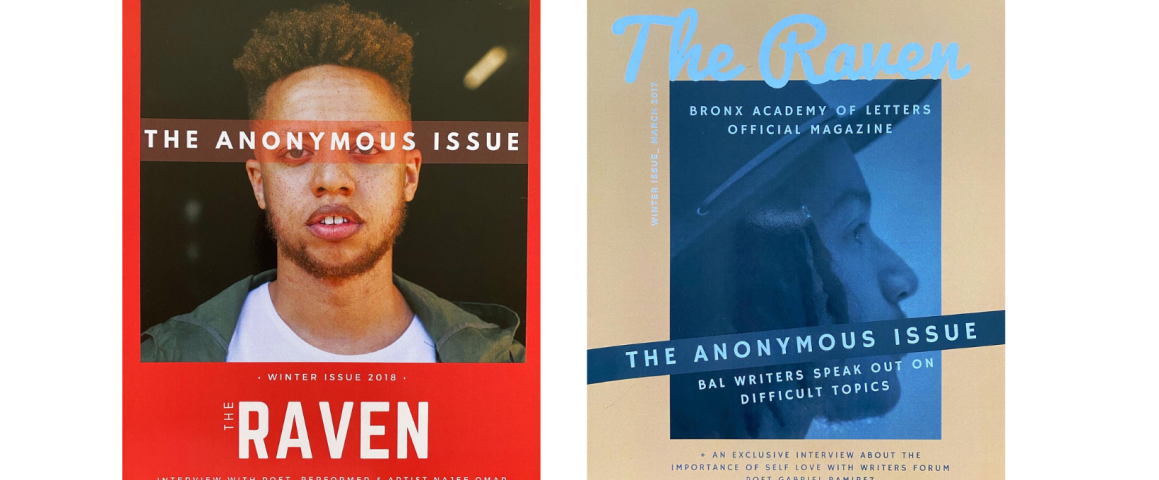How can we understand the consciousness, values, and passions of people separated from us by over a century? The passage of time can be a powerful force for alienation, and the motives of the people who shaped our nation’s history can be nearly incomprehensible to a modern sensibility. This mental and emotional distance is especially acute when we examine the traumas, such as slavery and conquest, that haunt the American past. But we cannot understand where we are now as a nation, or how deeply our culture has been imprinted by its traumas, unless we try to make an imaginative leap into the minds of those who believed that values we find ugly and aberrant were right and natural.
In designing a creative writing workshop centered on the Civil War for the seventh-grade students at Hudson Cliffs, I found myself challenged by the problems of confronting the past. Of necessity, that meant asking these young minds to understand—and to some degree to empathize with—those who perpetuated the extraordinary evils of slavery. In researching Civil War era texts I came across a piece of Confederate propaganda, “The Dying Confederate’s Last Words,” that struck me as an outrageous example of Orwellian doublespeak: slavery was termed liberty, and saving the South from misery was the excuse offered for inflicting misery on millions. My first thought was that this text was simply too offensive to use; I couldn’t ask my students to read it. Then it occurred to me that there was a way we could engage with it: as a dialogue. What would the students choose to say to this man, and how would he respond? Students were asked to choose or invent two characters who participated in the war, research the relevant historical details, and then write from both points of view. These remarkable stories contain some of the most beautiful, moving, and courageous writing I’ve seen in my eleven years of teaching. The resulting pieces were startling and wonderful, and many of them are included in this anthology.
—Sarah Porter (from the introduction to the anthology, Dialogues with the Past)
A Nameless Soul
by Katherine (7th grade)
It’s a sunny day; the grass bends with the wind but no one sees it. There’s too much commotion to notice the grass is not green but painted scarlet with blood. A man in gray lies on the ground surrounded by dead horses and the sound of muskets booming. I glide toward him, not caring what comes toward me. He’s a nameless soul among the many. I ask him why he’s here, and he says, “My words must be read to know why I fought.”
I thought about what he said and asked, “Why did you fight?”
“I fought for life, freedom, and rights,” he said and he sounded so sure I did not know what to say to this.
“And what are those?”
He stopped and responded with the song he sang just moments before, “I only wished a helper brave to be, to save the glorious South from cruel tyranny.”
I couldn’t help but wonder, is this right? Who is right? Does it matter? I did not ask these questions of him, for he believes he died nobly for a great cause. And who’s to say his opinion is wrong? He left his family to fight. I’ll take it away, his pride and honor if I correct him on his beliefs. He’s about to die. I won’t ruin his memories and the rest of his life. It would be too late to fix the lives he took for his beliefs.
“I tried to walk the ways of peace and truth.” His words are strange in this point of view. Others don’t listen and want him to die, but it’s considered right to have an opinion, so why is this different? There is a war on opinions, but don’t we have that freedom? I wandered away from the nameless soul long forgotten in battle and war. There are bodies which once kept souls, now as empty as shells whose sizes have become too small for their owners. The grass is still ruby and scarlet painted with blood; there is no pattern, but it tells stories of lives. Long forgotten souls.

2014
Dialogues with the Past
Hudson Cliffs School, Manhattan
Edited by Sarah Porter, Writer-in-Residence
Teachers & Writers Magazine is published by Teachers & Writers Collaborative as a resource for teaching the art of writing to people of all ages. The online magazine presents a wide range of ideas and approaches, as well as lively explorations of T&W’s mission to celebrate the imagination and create greater equity in and through the literary arts.



